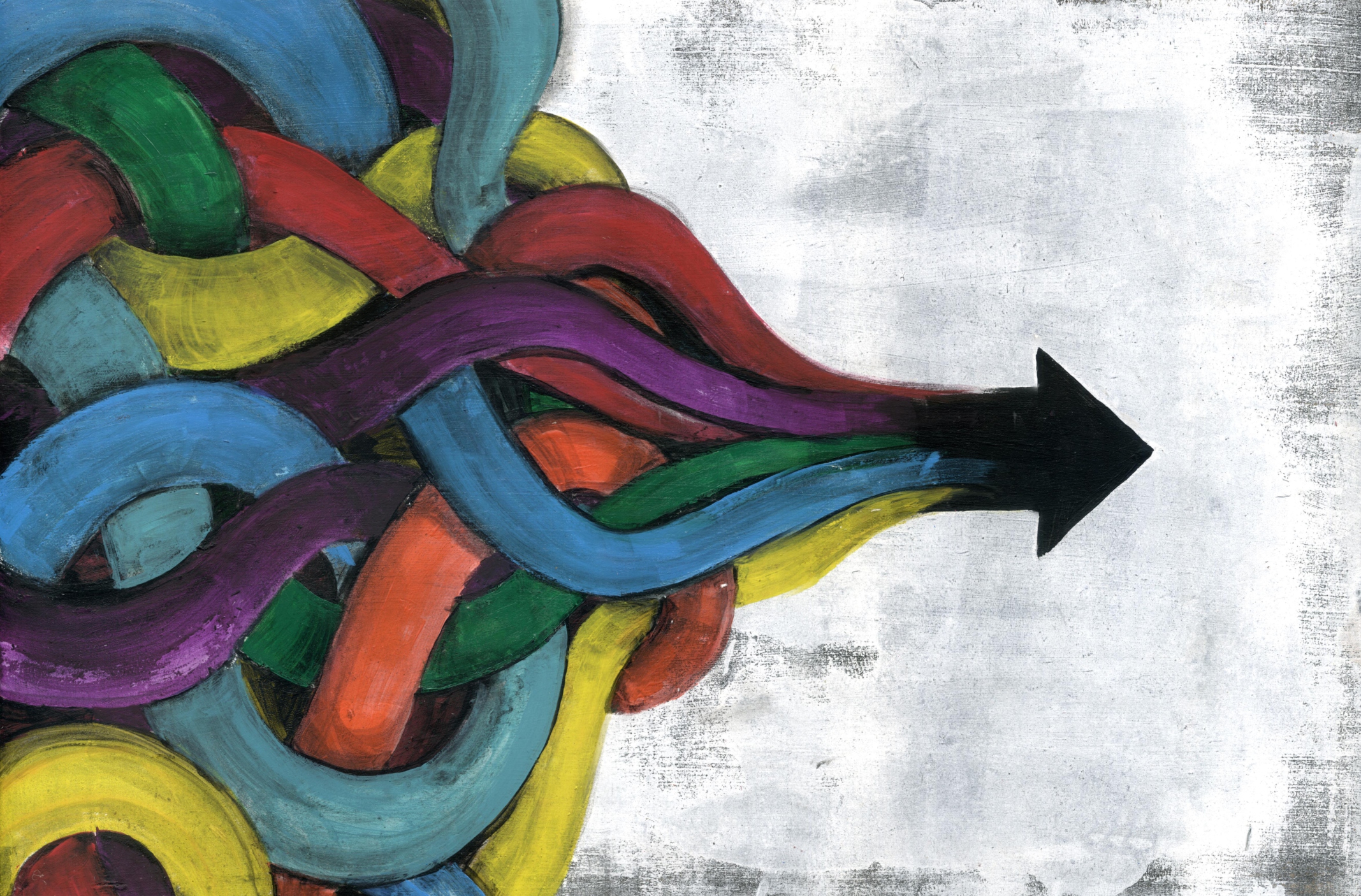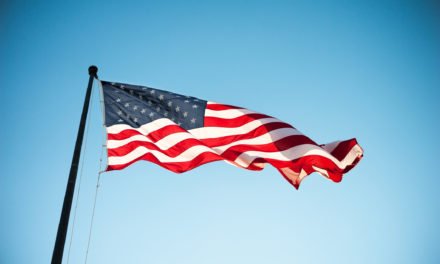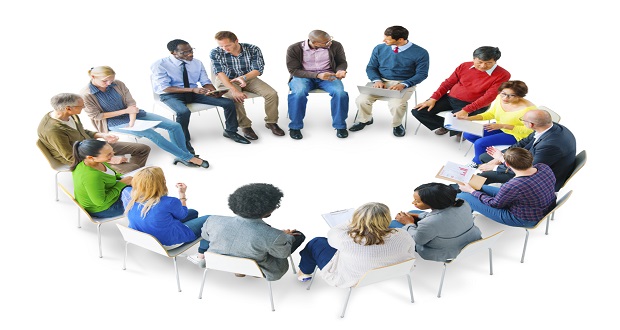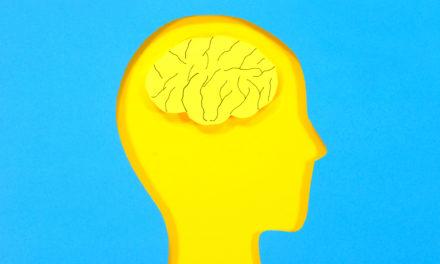 Last week I met a few friends for brunch, and the conversation turned out to be ripe with insights for diversity practitioners. It was a table of academics, so casual conversation gradually turned to include the
Last week I met a few friends for brunch, and the conversation turned out to be ripe with insights for diversity practitioners. It was a table of academics, so casual conversation gradually turned to include the latest cultural happenings, and eventually an unexpected passionate rant from one of my closest friends (I think there was something in the pancakes). We were discussing the ever-present issue of marriage equality, and before I knew it, one of my friends, in an emotional fury, went on an impassioned address that ended with a very telling summary that went like this: “I have tolerance for a lot of issues, but if you do not support marriage equality, I have absolutely ZERO patience for you!” (My friend has a notoriously colorful vocabulary, so take my word that this is the PG version of a very passionate declaration).
latest cultural happenings, and eventually an unexpected passionate rant from one of my closest friends (I think there was something in the pancakes). We were discussing the ever-present issue of marriage equality, and before I knew it, one of my friends, in an emotional fury, went on an impassioned address that ended with a very telling summary that went like this: “I have tolerance for a lot of issues, but if you do not support marriage equality, I have absolutely ZERO patience for you!” (My friend has a notoriously colorful vocabulary, so take my word that this is the PG version of a very passionate declaration).
My friend was not trying to convince anyone at the table of her views (as everyone was in agreement), but was venting about an issue that she is a passionate supporter of. My friend is actually one of the most inclusive, loving, and involved supporters of oppressed groups that I know. What struck me as interesting however was how similar she sounded to the people that she had written off. I have met several religious people who, with the same amount of passion and outrage, would have used her exact words to describe their intolerance for people for marriage equality. In fact, her words shared the same zealous tone of many hellfire street preachers that grace our streets (Shh! Don’t tell her I said so).
I left brunch that day a little disheartened, having experienced first hand a seeming impasse in diversity and inclusion work. My friend is not unique in having convictions about an issue for which she refuses to budge. I think we all have our own personal soapboxes that are more than just political talking points. These are issues that we have embraced and passionately defend because of our intimate experience with them. I think it is vital to have causes and issues that are worth fighting for, especially for underrepresented and oppressed groups. What I am not so confident of is how to make progress in inclusion when opposing groups draw such deep lines in the sand.
If two groups of people have zero tolerance for one another, then how can there be reconciliation and advancements in inclusion, especially given that polarized groups are usually the greatest challenge? Since religious sentiments are tied so closely to the issue of marriage equality and LBGT rights (and since I just likened my friend to a street preacher), I think it is fitting to keep religion in the conversation.
Regardless of your particular affiliation, or un-affiliation, with religion I think the journey motif that runs through many world religions is a concept that is helpful for making progress to more inclusive living. Although the world’s religions differ widely from one another, the idea that having faith is more of a gradual process than a one-time, life-changing event is a common theme. Heroes and adherents of the faiths are likened to travelers who receive various degrees of enlightenment as they walk along life’s paths.
Seeing inclusion as a journey is helpful for at least two reasons. First, because many people are passionate supporters of causes in similar ways to the religiously zealous, it is important to remember that the “truths” of inclusion are usually embraced incrementally through continued study and exposure to life’s diverse experiences. We are like the traveler who must spend some time being lost and asking for directions before reaching their destination. I’m sure the path that led to your current convictions was littered with struggle and gradual “aha” moments that you now embrace as part of your story.
Second, despite our deep seated convictions and opposing view points, treating everyone as a fellow traveler on their own personal journey is a helpful reminder that none of us have “arrived” when it comes to various issues of diversity. All of our paths are uniquely shaped by the people, places, and ideas we grew up with and therefore our journeys will progress at various speeds and with widely different enlightening circumstances. And like my friend who has grown tired of journeying to understand those so different than herself, we must encourage each other that all great journeys have obstacles to overcome, confusions to decipher, and people to embrace along the way. I wish you strength, endurance and patience as you journey to creating a more inclusive world. This is our destination.
About the author: Travis L. Jones is the Director of Innovation and New Ventures at The Winters Group. He is an avid traveler, having spent time in over 20 countries on 5 continents. He is passionate about studying the redeeming qualities of cultures as a bridge to creating a better world.



















There is nothing worse than calling someone wrong when you don’t hold it in your heart to even be open to a conversation about why someone feels the way they do. If one party needs acceptance, we all do. And the only way to gain acceptance is to show that we are able to accept others in return. I don’t have to like your reasons for disagreeing with me. You don’t have to like me at all. But you must agree that I deserve respect and I must give you respect in return. That’s the key to acceptance. I accept that you deserve respect and to show openness to other ideas or ways of doing things in how a person shows that they can both give and deserve respect. Great post!